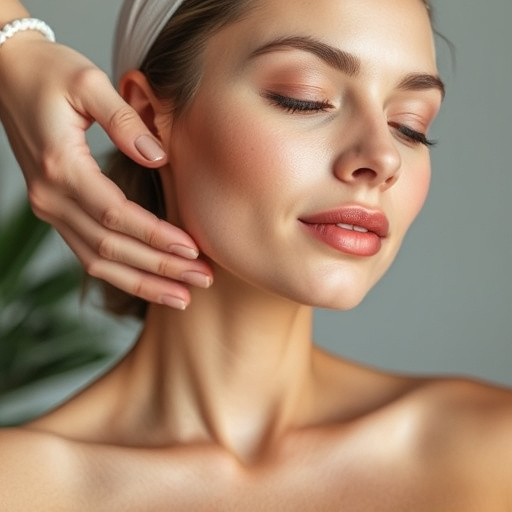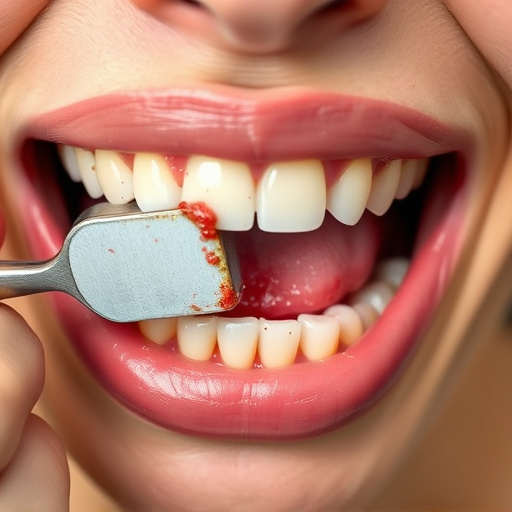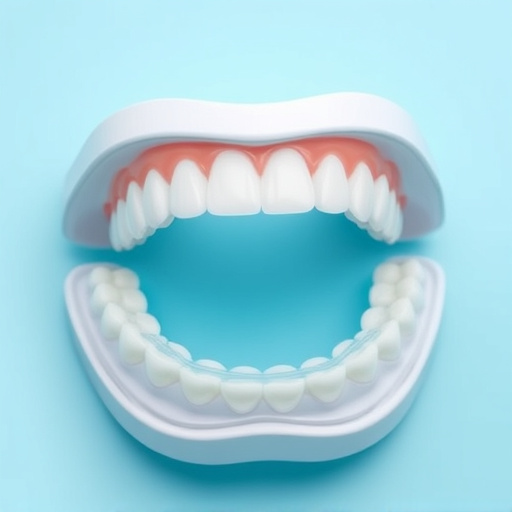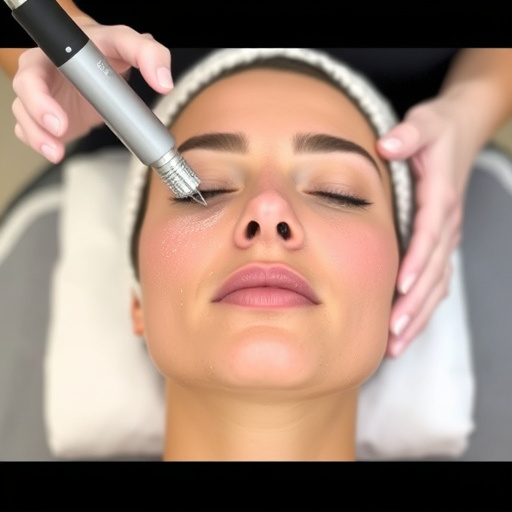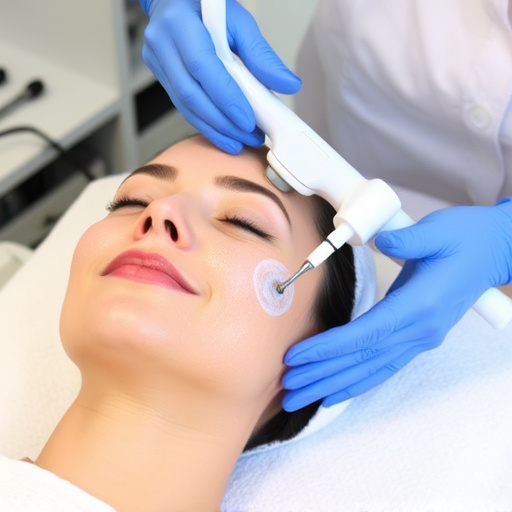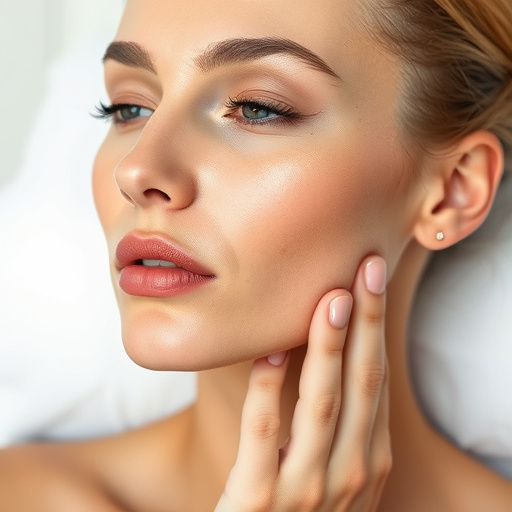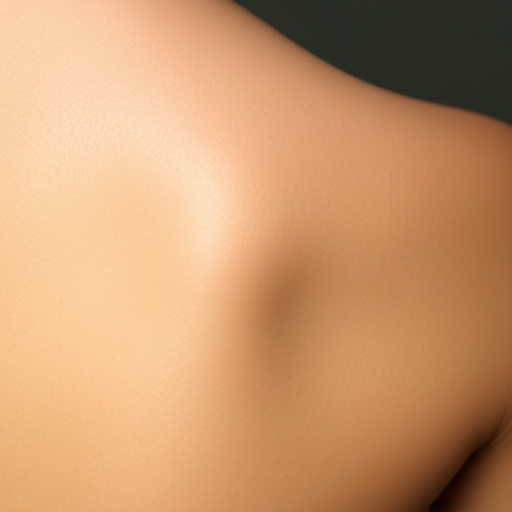Dietary choices significantly impact hormonal acne treatment and skin health. Unhealthy foods disrupt hormone regulation, causing overproduction of sebum and clogged pores. Adopting an anti-inflammatory diet with reduced sugar and increased fruits, vegetables, and healthy fats supports optimal hormone levels, managing acne, and enhancing treatment effectiveness. This holistic approach combines dietary strategies with skincare routines for clearer skin and improved well-being.
“Uncover the surprising connection between your diet and hormonal acne treatment. This article delves into how nutritional choices can significantly impact skin clarity, offering a holistic approach to managing hormonal acne. We explore the link between diet and hormonal imbalance, uncover beneficial dietary strategies, and identify foods to avoid for effective acne management. By understanding these insights, you’ll be empowered to make informed decisions for clearer, healthier skin.”
- The Link Between Diet and Hormonal Imbalance
- Nutritional Strategies for Clearer Skin
- Foods to Avoid for Effective Acne Management
The Link Between Diet and Hormonal Imbalance
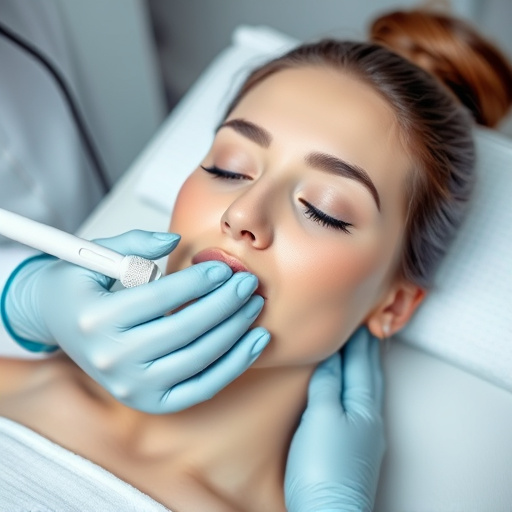
The relationship between our diet and hormonal balance is a intricate one. What we eat can significantly influence our body’s production and regulation of hormones, which in turn plays a pivotal role in various bodily functions, including skin health. A diet rich in processed foods, refined sugars, and unhealthy fats can disrupt the delicate equilibrium of hormones responsible for regulating oil production and skin cell turnover, ultimately leading to hormonal acne treatment challenges.
This imbalance often results in an overproduction of sebum, the natural oil that keeps our skin hydrated, but when excessive, it clogs pores and triggers inflammation. Certain dietary choices, such as reducing sugar intake and incorporating more anti-inflammatory foods like fruits, vegetables, and healthy fats, can be powerful tools in managing hormonal acne. By supporting optimal hormone levels, these dietary adjustments not only enhance the effectiveness of hormonal acne treatment but also contribute to overall skin health and may even improve results in related procedures like body contouring or chemical peels, focusing on anti-aging treatments.
Nutritional Strategies for Clearer Skin
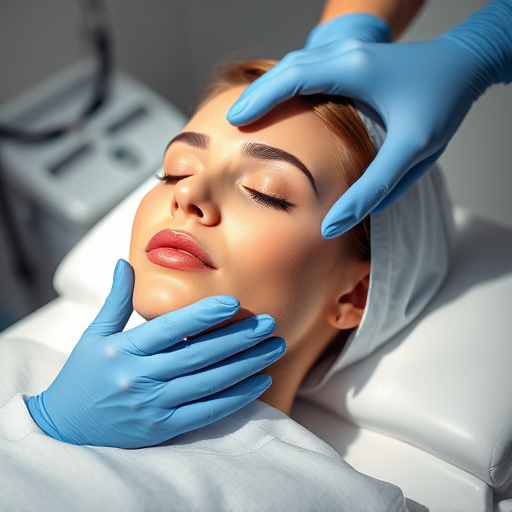
In addition to exploring medical options for hormonal acne treatment, adopting strategic nutritional approaches can significantly enhance your skin’s clarity and overall health. A balanced diet rich in whole foods plays a crucial role in supporting your body’s natural ability to combat acne. Incorporate plenty of fruits, vegetables, lean proteins, and healthy fats into your meals. These essential nutrients provide powerful antioxidants, vitamins, and minerals that nourish the skin and regulate hormonal balance.
One effective strategy is to focus on foods high in anti-inflammatory properties, such as omega-3 fatty acids found in fish like salmon and flaxseeds. Reducing the intake of processed foods, sugary snacks, and beverages can also make a substantial difference. These foods tend to spike insulin levels, contributing to hormonal imbalances that can aggravate acne. Opting for personalized skincare routines, combined with these nutritional strategies, will help you achieve clearer skin and improve your overall well-being.
Foods to Avoid for Effective Acne Management
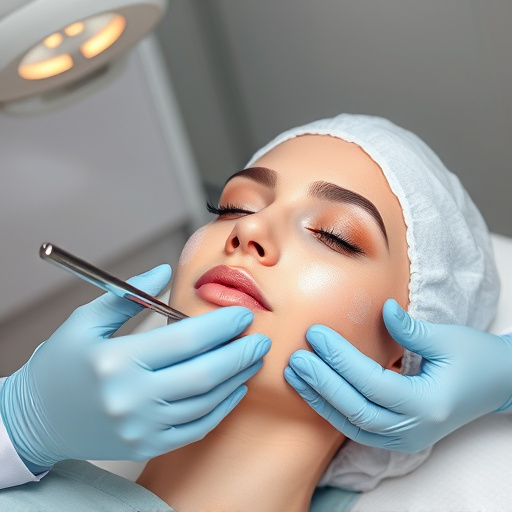
When managing hormonal acne, it’s crucial to understand that certain foods can significantly impact your skin’s health and the effectiveness of your chosen treatment. Foods high in sugar, processed carbohydrates, and unhealthy fats are known contributors to inflammation, which can exacerbate acne. These include sugary snacks, soda, white bread, pasta, fried foods, and snacks with a high glycemic index. Additionally, dairy products have been linked to hormonal acne due to their content of growth hormones and insulin-like growth factors.
In the pursuit of clear skin, consider incorporating anti-inflammatory foods like leafy greens, berries, citrus fruits, nuts, seeds, and whole grains into your diet. These powerhouses are packed with vitamins, minerals, and antioxidants that support skin health and can complement your hormonal acne treatment regimen. If you’re considering more advanced non-surgical treatments like microneedling therapy or medical spa services for specialized care, a clean diet can enhance their benefits and potentially reduce recovery time.
In conclusion, understanding the intimate connection between diet and hormonal imbalance is a crucial step in navigating effective hormonal acne treatment. By implementing nutritional strategies that promote skin health and avoiding trigger foods, individuals can significantly enhance their journey towards clearer, healthier skin. Embracing dietary changes as part of a holistic approach to hormonal acne treatment empowers folks to take control and experience lasting results.

